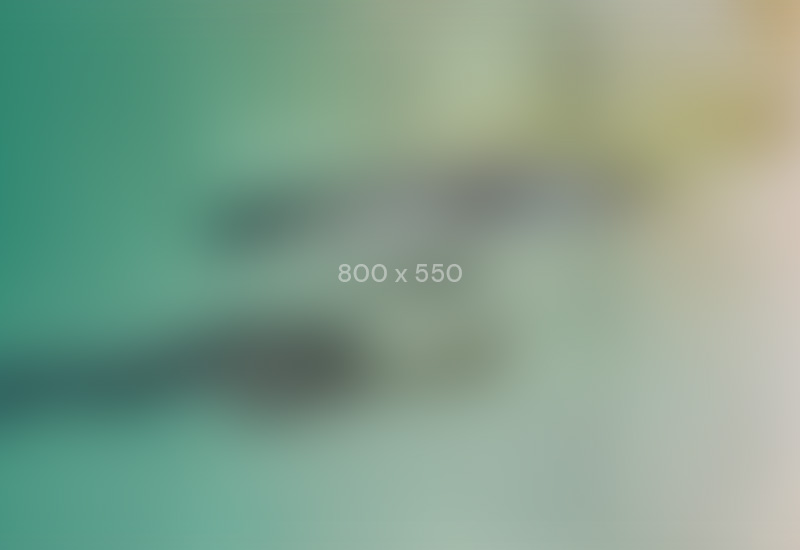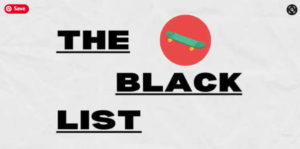Kigongo
Skateboarding more popular than ever

Our Concept
In June 2020, Los Angeles-based skateboarder and videographer Patrick Kigongo created a spreadsheet known as “The Black List” in the skateboarding community.
Kigongo, the co-host of the Mostly Skateboarding podcast, described The Black List as “a non-comprehensive list of Black-owned skate industry brands.” He made it available to all as a Google Sheet. It compiles Black-owned skate shops, Black-run skate organizations, and Black-owned skate brands across the world. It includes brands like San Antonio’s Full Send Wax, Tyler, The Creator’s Golf Wang, Greenville, Ohio’s Proper Gnar, and Atlanta’s Reach Skateboards, amongst scores of others, both large and small.
The project was born as a call-to-action for how the greater skateboarding community could help support Black-owned skate businesses in the wake of George Floyd’s murder and the ensuing racial justice protests around the world.
The Black List was widely shared and quickly took off, embraced as a resource for skaters to “put our money where our mouths are“, as Trans-World put it, and to “keep capital in the community.”
Skateboarding had an explosive year in 2020. Despite supply-chain woes, skate shops couldn’t keep inventory in stock – Demand for boards, trucks, and wheels skyrocketed thanks to pandemic boredom.
In an industry notorious for its white male stereotype, Kigongo’s Black List emerged as a small way for fellow skateboarders to help Black creators and Black skateboarders where it immediately resonates – with their wallet.
It also offered an opportunity for skaters to expand their horizons as consumers and check out new brands.
The Black skateboarding experience is explored in MONOCHROME, a new Black History Always special airing on ESPN+’s The Undefeated. Skating legends like Ray Barbee, Sal Barbier, Atiba Jefferson, Kareem Campbell, and Stevie Williams describe the comeupance of street skating in their own words, while modern trailblazers like Adrianne Sloboh, Samarria Brevard, and Zion Wright discuss their own unique experiences as skateboarding’s generational talent.
The content of this article is from BroBible

